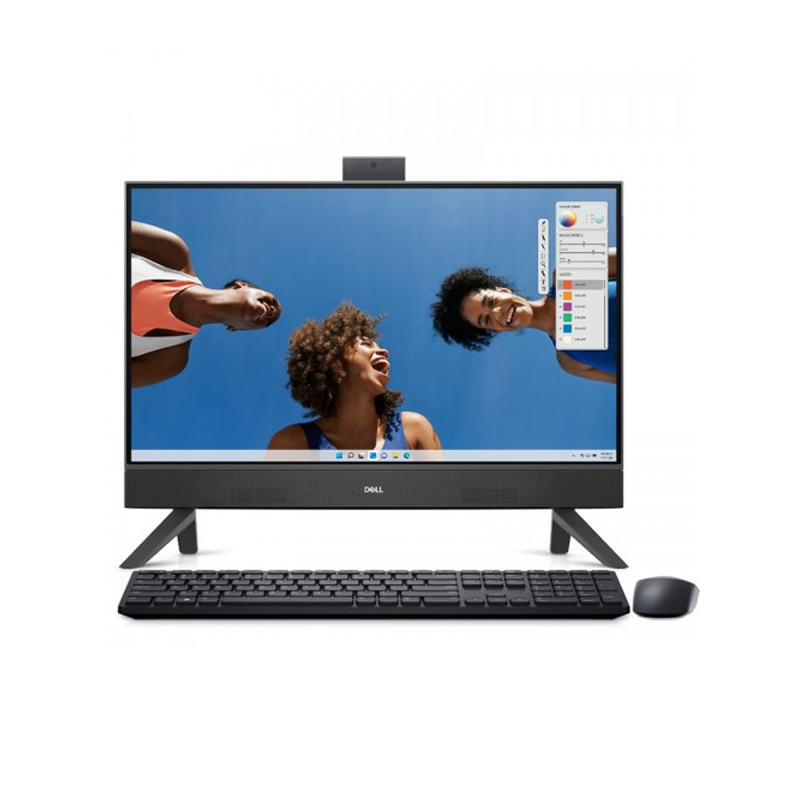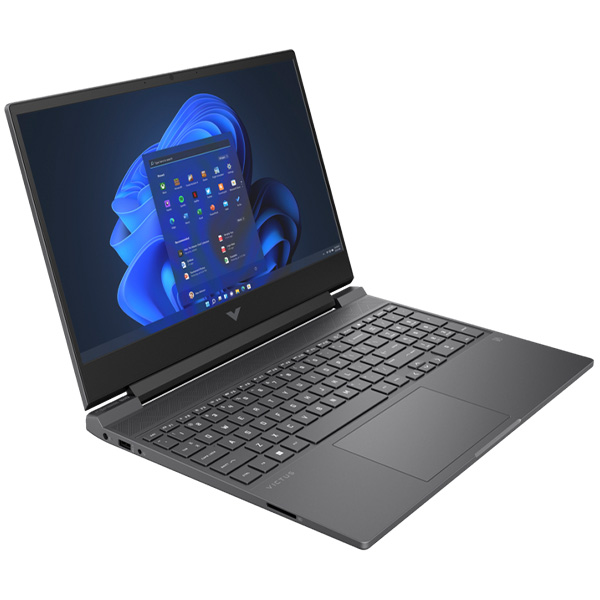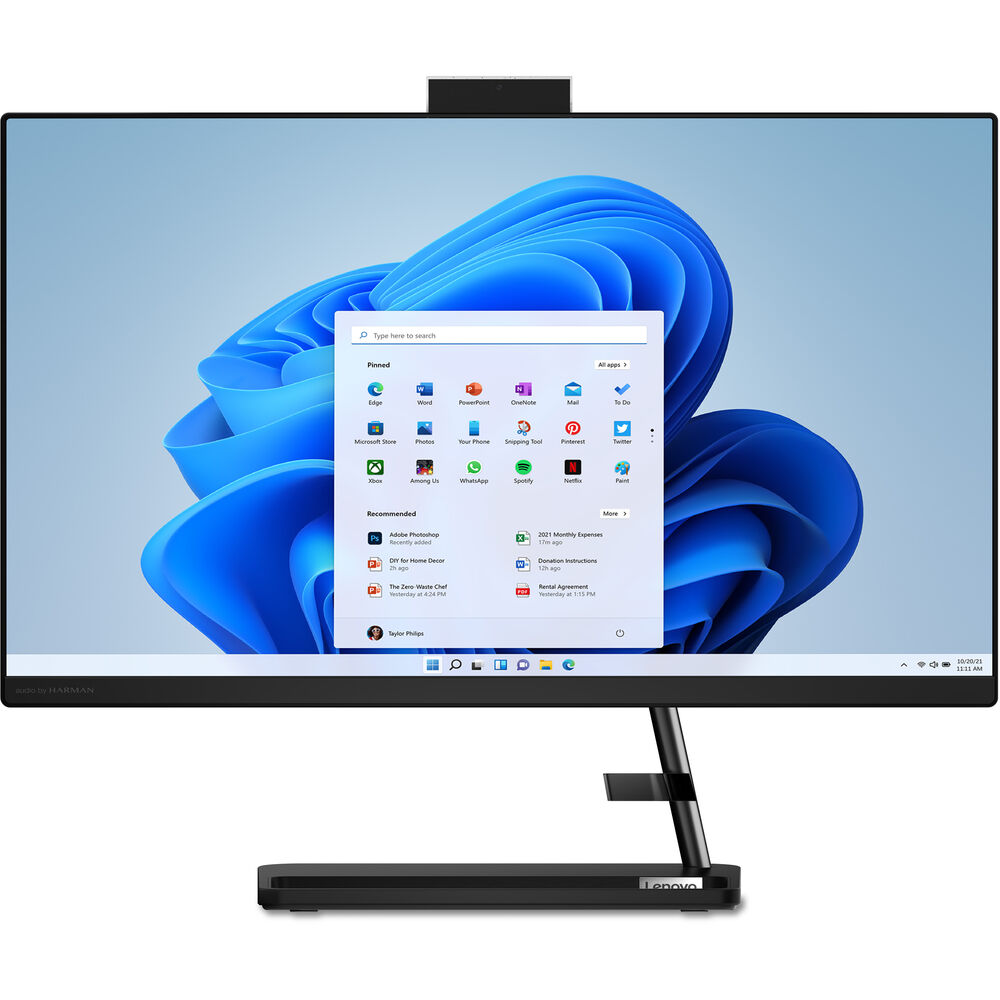In the world of gaming, the choice between desktop computer vs laptop significantly impacts your gaming experience. Both options offer unique benefits and drawbacks, making it essential for gamers to evaluate their preferences and gaming styles before making a decision. This article delves into the key differences between desktop computer vs laptop for gaming, helping you find the right fit based on your gaming needs.
Performance and Specifications
Power of Desktops
When it comes to raw performance, desktop computers generally hold the upper hand. A gaming desktop typically houses powerful components, such as high-end graphics cards, multi-core processors, and ample RAM. This performance advantage allows for higher frame rates, better graphics settings, and smoother gameplay overall. Desktops can easily accommodate the latest hardware, making them more easily upgradeable than laptops.
Gamers who prioritize high-performance gaming often prefer desktops for this specific reason. Whether you’re playing resource-intensive titles or VR games, desktops provide the necessary power. Additionally, the cooling systems in desktops are often far superior, minimizing thermal throttling and ensuring optimal performance during extended gaming sessions.
Laptop Advantages
On the other hand, gaming laptops have come a long way regarding performance. Manufacturers have developed robust, compact gaming laptops equipped with reliable GPUs and CPUs tailored to handle modern games. While they may not match desktop performance, many high-end models can deliver near-desktop gaming experiences.
Laptops offer built-in displays and all-in-one designs, giving users the ability to game without needing additional accessories. Their portability makes them a solid choice for gaming on the go, allowing you to play at a friend’s house or while traveling. For gamers who prioritize convenience without sacrificing too much performance, modern gaming laptops present an attractive alternative.

Portability and Convenience
Desktops Are Stationary
One of the most significant drawbacks of a desktop computer is its lack of portability. These systems are designed to stay in one location, typically requiring dedicated desk space. For gamers who like to play from different settings—whether at home, at school, or away—this limitation can be cumbersome.
If you’re someone who often gamed at LAN parties or traveled frequently, lugging a desktop setup around can quickly become inconvenient and impractical. Even a compact gaming desktop still requires a monitor, keyboard, and mouse, adding to the bulk and making travel a hassle.
The Ease of Laptops
In contrast, laptops shine in the portability department. Their all-in-one nature means you can easily slip a gaming laptop into your backpack and head to your next destination. This convenience is crucial for gamers who travel a lot or want the flexibility to game in various locations.
Additionally, many gaming laptops boast impressive battery life, allowing for hours of play without being tethered to a wall outlet. Whether you’re on a long trip, waiting for a flight, or simply moving between rooms in your home, a laptop provides the freedom for quick and easy gaming.
Display Quality and Size
Benefits of Larger Displays
When it comes to gaming, visual experience matters. Desktops typically support large monitors that enhance immersion and provide a more extensive gaming field. You have the flexibility to choose from various resolutions and refresh rates, making it easier to create a gaming setup tailored to your preferences.
High-resolution monitors paired with powerful graphics settings can elevate your gaming experience significantly. For competitive gamers, having a larger display can also give you an edge when spotting opponents or reading game maps.
Laptops’ Built-in Screens
Gaming laptops, however, come with built-in screens that vary in quality and size. While many models offer high-resolution displays with excellent color accuracy, they won’t match the viewing experience of a high-definition external monitor. Some models provide refresh rates up to 144Hz, perfect for fast-paced gaming; however, most screens are usually smaller, usually ranging from 15 to 17 inches.
For gamers on the go, the built-in screen provides immediate accessibility without needing to set up an external display. However, if you prefer a larger view while gaming, consider investing in a docking station or an external display for when you are at home.

Upgradeability and Customization
Desktops Offer More Options
When it comes to upgrading individual components, desktops are indisputably superior. Gamers can easily swap out and upgrade parts like graphics cards, processors, and RAM as needed. This flexibility ensures that you can keep your system current as technology evolves without having to replace the entire setup.
Additionally, many gamers choose to build their own desktop PCs. This customization allows for tailored performance attributes, letting users select components that suit their specific gaming requirements. For serious gamers, this aspect is critical, as it ensures long-term viability and adaptability.
Limited Upgrades in Laptops
Laptops, in contrast, offer limited upgrade options. While some components, like RAM and SSD storage, can be upgraded in certain models, many key components—including graphics cards and CPUs—are soldered in place and cannot be replaced. This limitation means that if a laptop’s performance can no longer meet gaming needs, you may need to invest in a completely new unit.
While some gaming laptops come with impressive specs right out of the box, their upgrade paths are far less appealing than desktops. Gamers who plan to keep their hardware for multiple years might find this aspect frustrating, as gaming consoles tend to become obsolete more quickly in the rapidly changing tech landscape.
Price Considerations
Value of Desktops
When comparing costs, desktop gaming rigs usually offer better performance per dollar spent. You can create an affordable, high-performance desktop system, while laptops often carry a premium price tag for their form factor. The price difference can sometimes be quite significant, especially in the mid to high-end market.
In terms of longevity, investing in a desktop may yield better value over time, as you can upgrade specific components rather than replacing the entire machine. Therefore, if budget is a significant factor, a desktop setup may be the more prudent choice.
Investing in Laptops
Gaming laptops can be considerably more expensive than their desktop counterparts. Higher price points often come from the engineering required to fit powerful components into a smaller, portable design. While you get portability, you pay a premium for it.
If you find a laptop within your budget that meets your gaming needs, it can be a worthwhile investment. Some see the additional cost as a necessary trade-off for the convenience of gaming anywhere. However, be prepared to potentially invest more frequently, as fewer upgrade options may lead to the need for a complete replacement sooner.

Cooling and Noise
Superior Cooling Systems in Desktops
Another factor to consider is cooling mechanisms. Desktops typically have larger and more effective cooling systems. This design helps in maintaining optimal temperatures even during intense gaming sessions, ensuring longevity and performance stability. Customizable cooling systems also provide the flexibility to upgrade as needed for extreme gaming conditions.
Additionally, the larger chassis can often accommodate multiple fans or liquid cooling systems, optimizing performance without excessive noise. In comparison, well-constructed desktops tend to operate quietly, even when under heavy load.
Managing Heat in Laptops
Cooling options are more limited in laptops. Given their compact design, many gaming laptops rely on smaller cooling solutions, making them less effective than desktop systems. This limitation can lead to higher temperatures during extended gaming sessions, potentially affecting performance.
Gamers should also consider that while some high-end laptops have been engineered to manage heat better than others, they may still produce noticeable fan noise during heavy usage. If noise level is a concern, it’s wise to read reviews comparing specific models.
Finding Your Ideal Gaming Solution
When deciding between desktop computer vs laptop for gaming, it ultimately comes down to your personal preferences and gaming requirements. If you favor high performance and upgradeability, a desktop may be the ideal solution for you. This choice caters to gamers who want the best hardware possible and who typically play from a fixed location.
On the other hand, if you value mobility and the ability to game wherever life takes you, a gaming laptop is the way to go. Modern laptops offer impressive specs that can meet the demands of many popular games while enabling you to play casually or competitively on the move.
Evaluate your gaming habits, budget, and lifestyle before making a purchase. By understanding the strengths and weaknesses of both platforms, you can make an informed decision that enhances your overall gaming experience. No matter which option you choose, the joy of gaming is what truly matters, and both desktops and laptops can provide unforgettable gaming adventures.
